Human Rights in The Tea Sector: The Big Picture
Phase 3 – Action: Alternative approaches in the tea sector
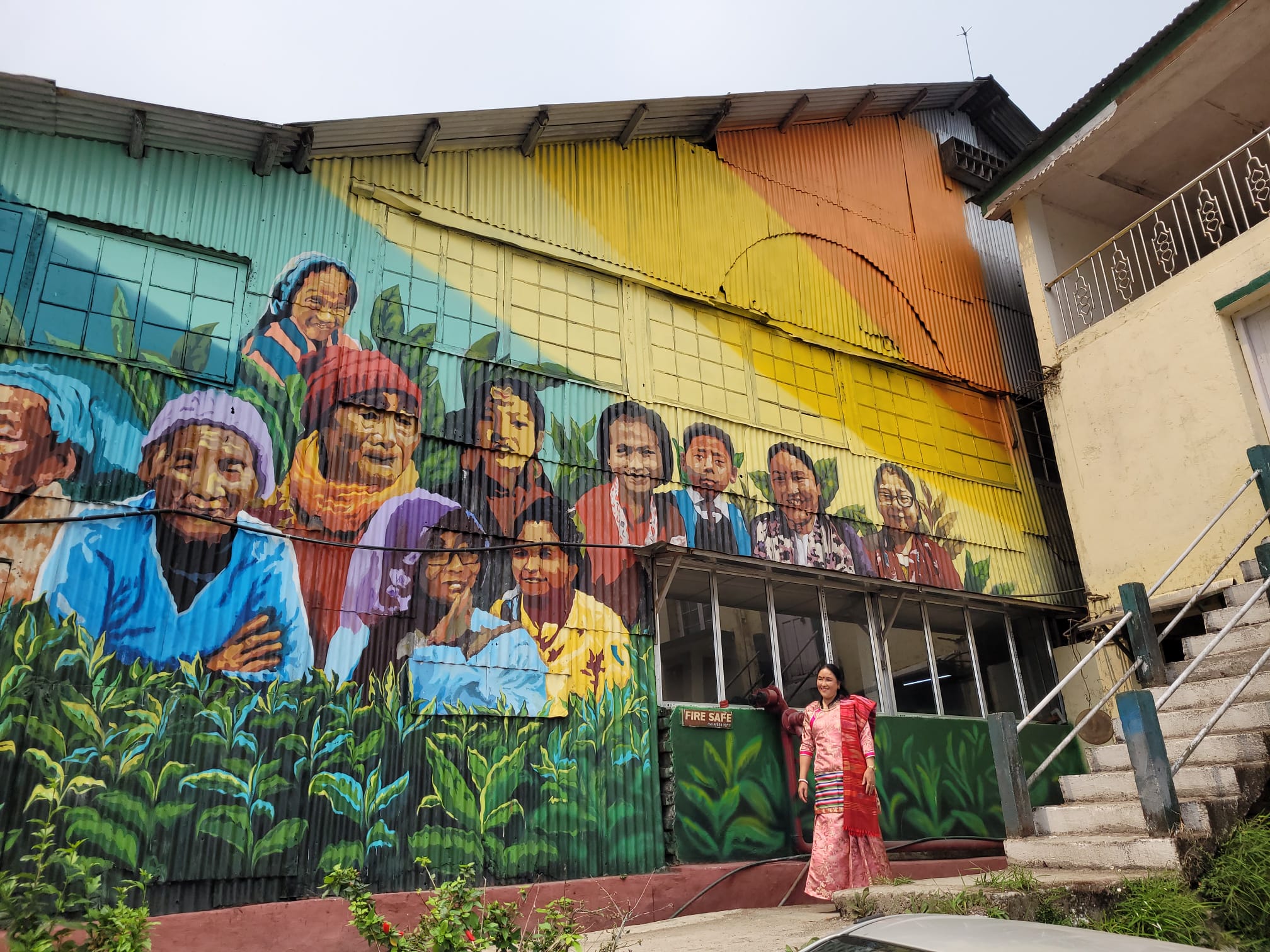
Credit: Kathrin Gassert
Having highlighted the problems in the tea sector and their causes in our previous two human rights impact assessment reports, we turned to what actions people are taking to address these problems. In the course of our research we had come across numerous examples of individuals and organisations who were doing things differently to the colonial plantation model. These alternative approaches include new employment practices, trading systems and business models that have the potential to make the tea industry fairer for all.
We describe how each approach works, who is involved, what problem they were set up to address, how well they are working, what challenges they are facing and what opportunities they present for others in the sector. We also assessed each case study to see how it addressed the root causes of human rights breaches that we had identified. We did a deeper dive into some of the case studies, which we visited in person.
By offering these case studies, we are not endorsing the approach described in them, merely offering them as examples of different ways of doing things. Each has pros and cons. Tea industry stakeholders may choose to replicate, adapt or scale up these approaches in other areas, or they may be inspired by them to develop their own.
Alternative approaches for tea plantation workers
- Worker-management dialogue platforms
Care International initiated Community Development Forums in Sri Lankan tea plantations that create platforms for workers to discuss with managers problems they are facing which enables them to be dealt with before they escalate into industrial unrest. - Independent plucking by plantation workers
Workers on some Sri Lankan tea plantations are offered the chance to take responsibility for a section of the plantation and to pluck the tea and sell it to the company as if they were farmers. Managers claim that this can increase their income while giving them greater freedom to choose when to work. - Providing independent housing for tea workers
Tea plantation workers traditionally receive mail at the main plantation office. Having their own address gives them a better sense of belonging and agency. It also helps avoid the discrimination they face when applying for jobs, loans, etc outside the estate.
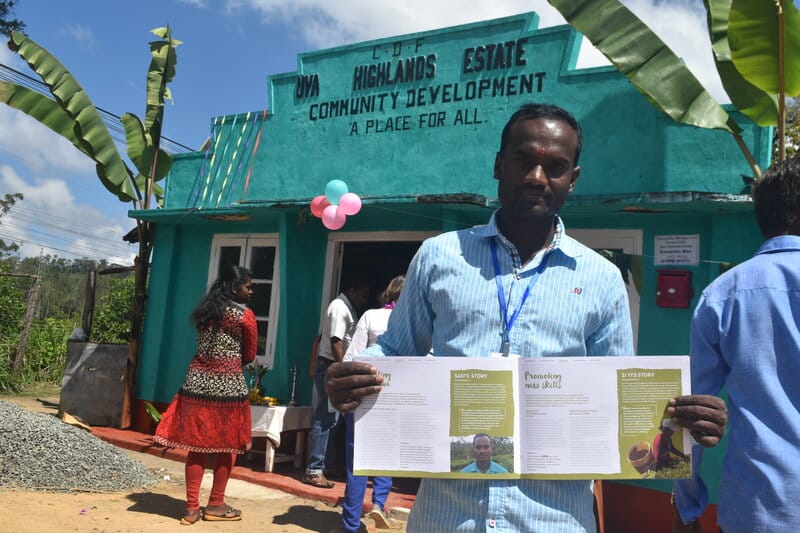
Alternative approaches for smallholder farmers
- Vertically integrated social enterprise
Kazi Yetu is a Tanzanian social enterprise established with the express purpose of supporting local farmers and workers. From the tea and spice farmers who they support to grow high quality, organic produce, to the all-women processing factory in the city, purpose runs through the whole enterprise. - Block farming
Women and young people who are traditionally excluded from land ownership benefit from this approach which allocates plots of cooperatively owned land within a block to individual farmers. They then benefit from joint training, inputs such as fertilizer, joint green leaf collection etc. - Speciality, artisanal tea and tourism
AMBA tea seeks to enhance the lives of smallholder farmers of tea and other products by enabling them to add value at source. Combining this with high-end eco-tourism has boosted the whole of the local economy. - National agency aggregating smallholder companies
The Kenya Tea Development Agency succeeds in coordinating and supporting tens of thousands of smallholder farmers through a system of famer cooperative clusters who jointly own he factories that process their tea. Supporting companies provide marketing and other amenities to the farmers. - Cooperatives of former plantation workers
Tea estates being abandoned is becoming more common in India of late. But one of the earliest examples, Mineral Springs, reinvented itself as a cooperative bringing several villages together and ensuring women are represented on the board. Supported by a local NGO and a national tea company theyproduce organic tea, supplemented with diverse products including spices, vegetables and dairy. - Producer organisations selling own brand tea
Smallholder tea farmers in Assam have got together with support from an NGO to form a farmer association growing, processing and marketing their own tea. As well as greater agency, returns are higher meaning better incomes for the farmers.

Alternative trading models
- Embedded responsible purchasing practices
Taylors of Harrogate has embedded responsible purchasing practices into the way it operates. It offers longer term contracts and higher prices for better quality tea and supports its suppliers to take better care of their workers. - Purpose-driven purchasing model
Teekampagne is a tea retailing company that has purpose built-in to its business model. Buying only the best quality organic wole-leaf tea from Darjeeling (and a small amount from Assam), selling direct to consumers in large, plain packaging means that a greater proportion of the value of tea goes back to the supplier. - Small-scale futures market for tea
An innovative experiment in establishing a small-scale futures market for tea emerged from Forum for the Future’s Tea 2030 initiative. The system sought to smooth the instability of tea prices for smallholder farmers. It was successfully trialled in Kenya and Sri Lanka, but could not be sustained at that time. It would be interesting to see if it could succeed again and this time be sustained.
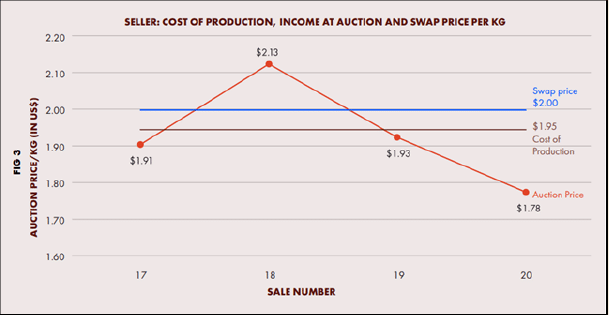
Alternative Approaches webinars
Throughout much of 2025 THIRST is running a series of webinars showcasing the Alterative Approaches featured in the report. Presented by the featured organisations or companies themselves, the webinars are an opportunity to share ideas, learn from each other, and discuss the challenges and opportunities of each approach. THIRST hopes that providing this platform will result in the ideas spreading and being adopted, adapted or scaled up in other areas.
Tell us about your alternative approach
More from Human Rights in Tea: The Big Picture
All of THIRST’s work is founded on our human rights impact assessment of the tea sector – an in-depth look at the whole industry and how its systems and structure impact on the people who grow and pluck tea. It takes on board the perspective of actors at every level of the value chain and provides an analysis from which practical solutions can be developed.
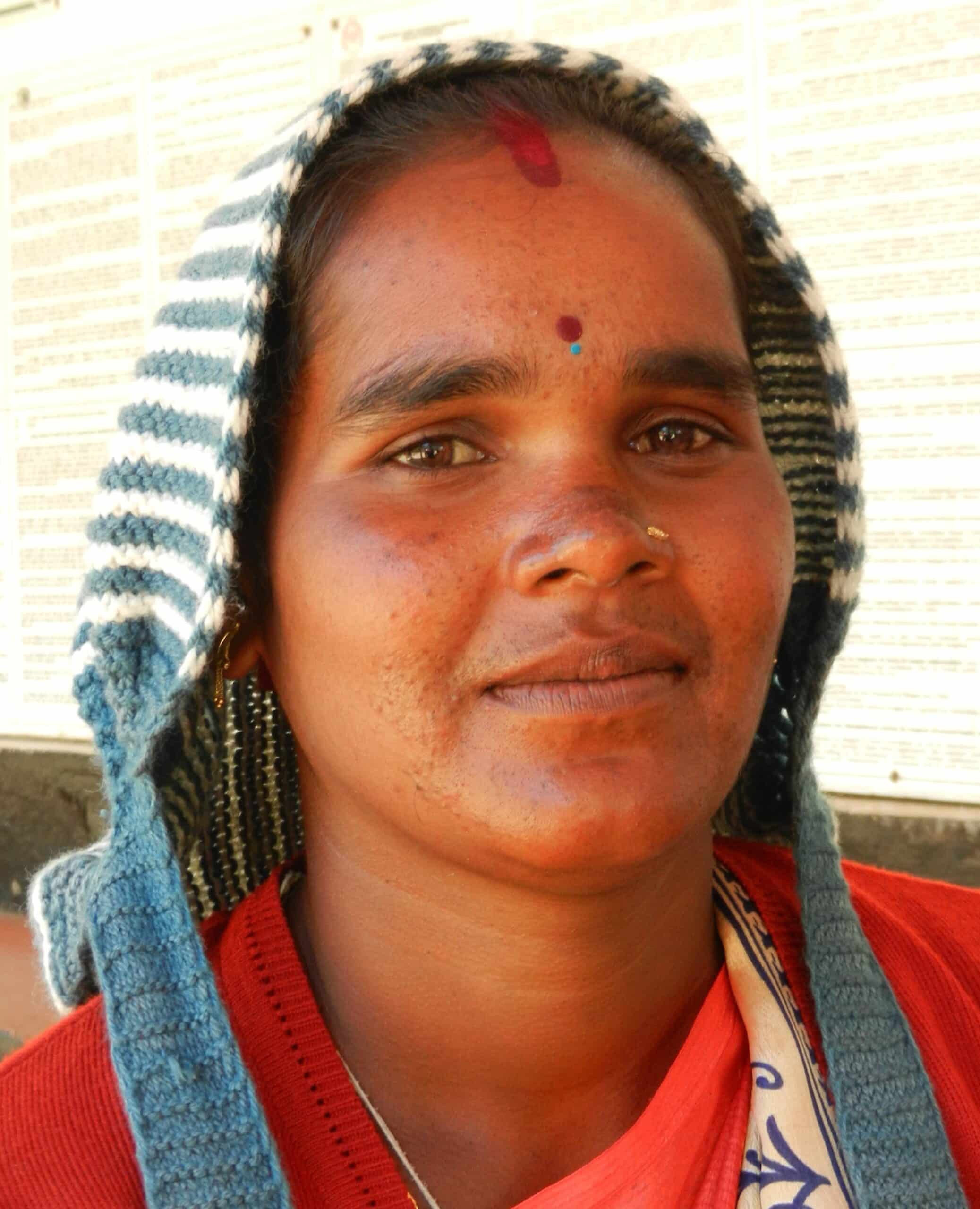
Introduction
An explanation of why this study was needed and how we did it.
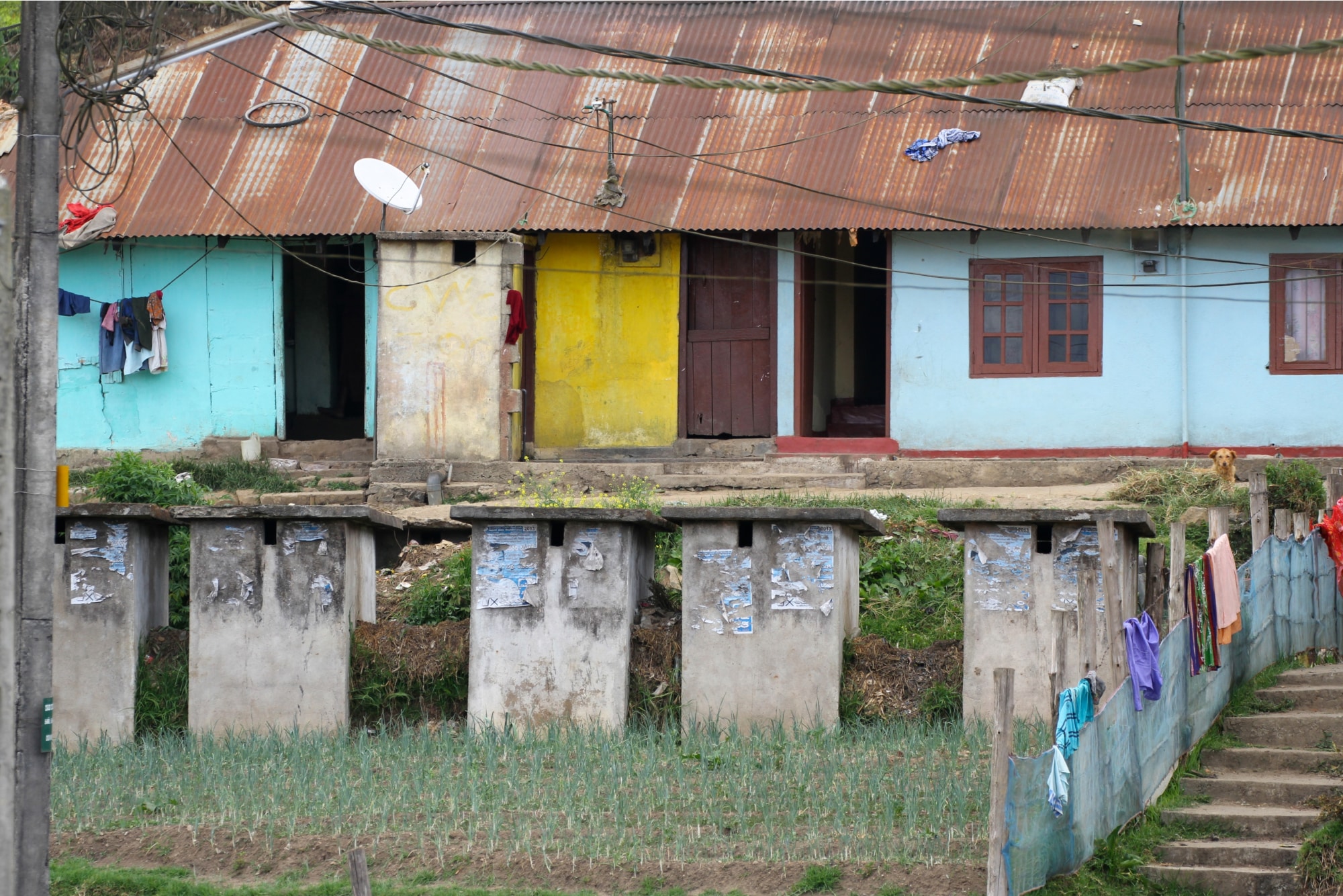
Phase 1: Assessment
A review of human rights standards, policies and laws for tea workers and farmers and an assessment of the reality they are living with.
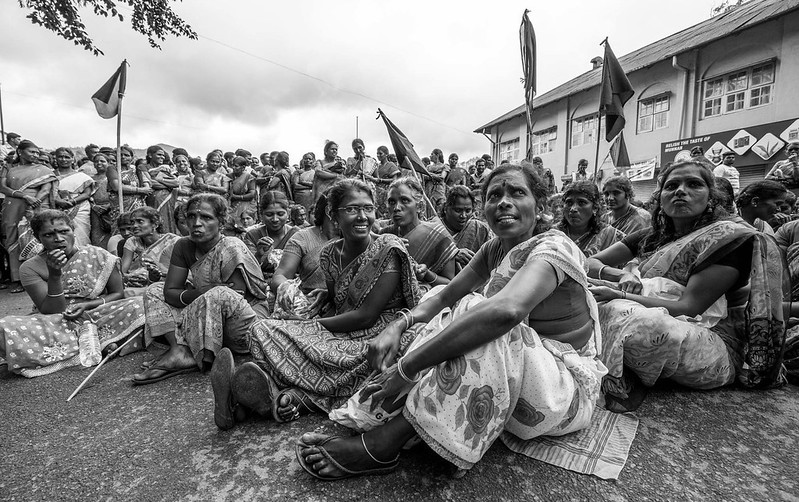
Phase 2: Analysis
An analysis of the reasons for the widely reported human rights breaches based on wide consultation throughout the tea sector.

Phase 3: Action
Case studies of actions that people are taking, introducing alernative approaches that address some of the root causes of human rights breaches.
(This page)
